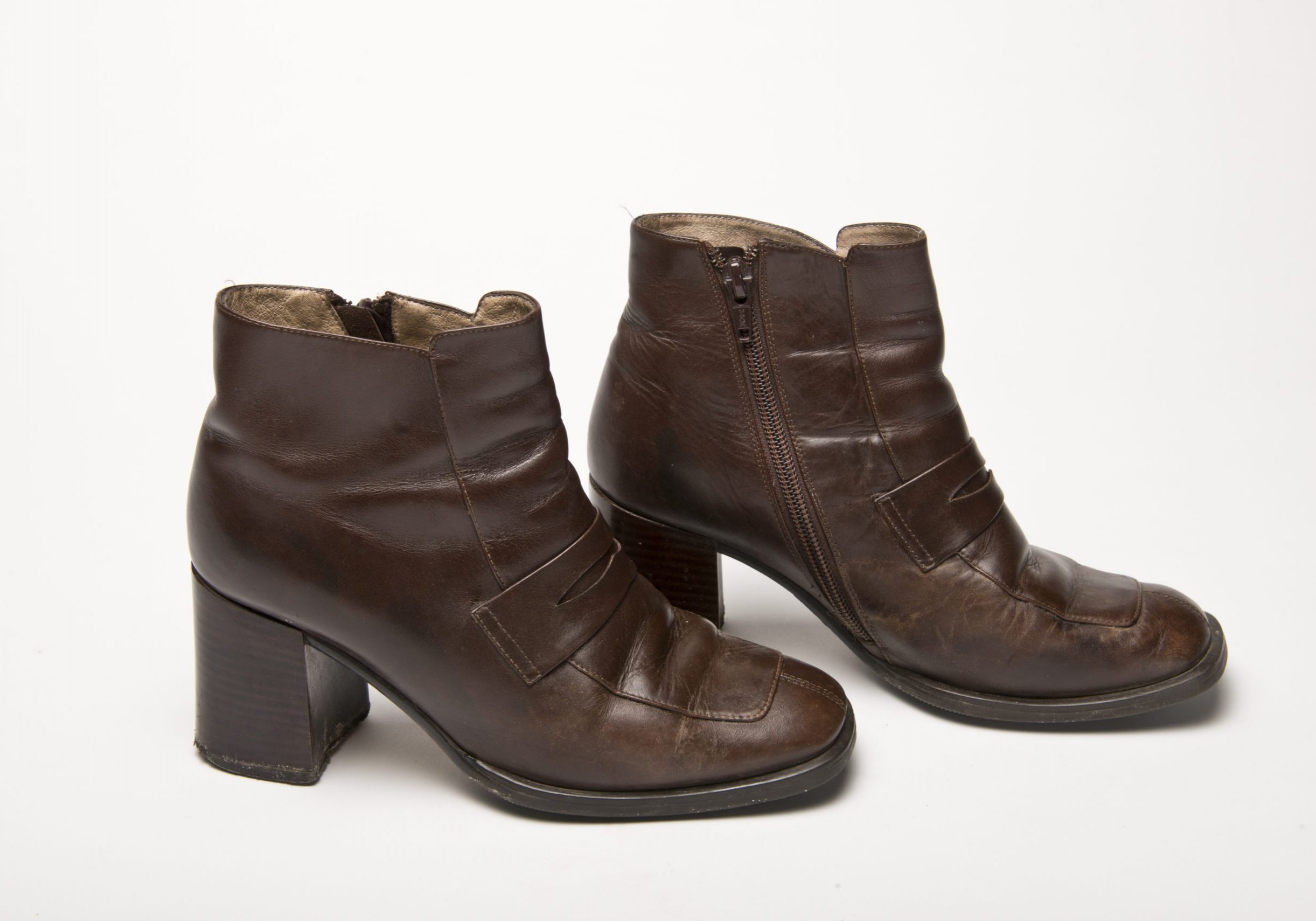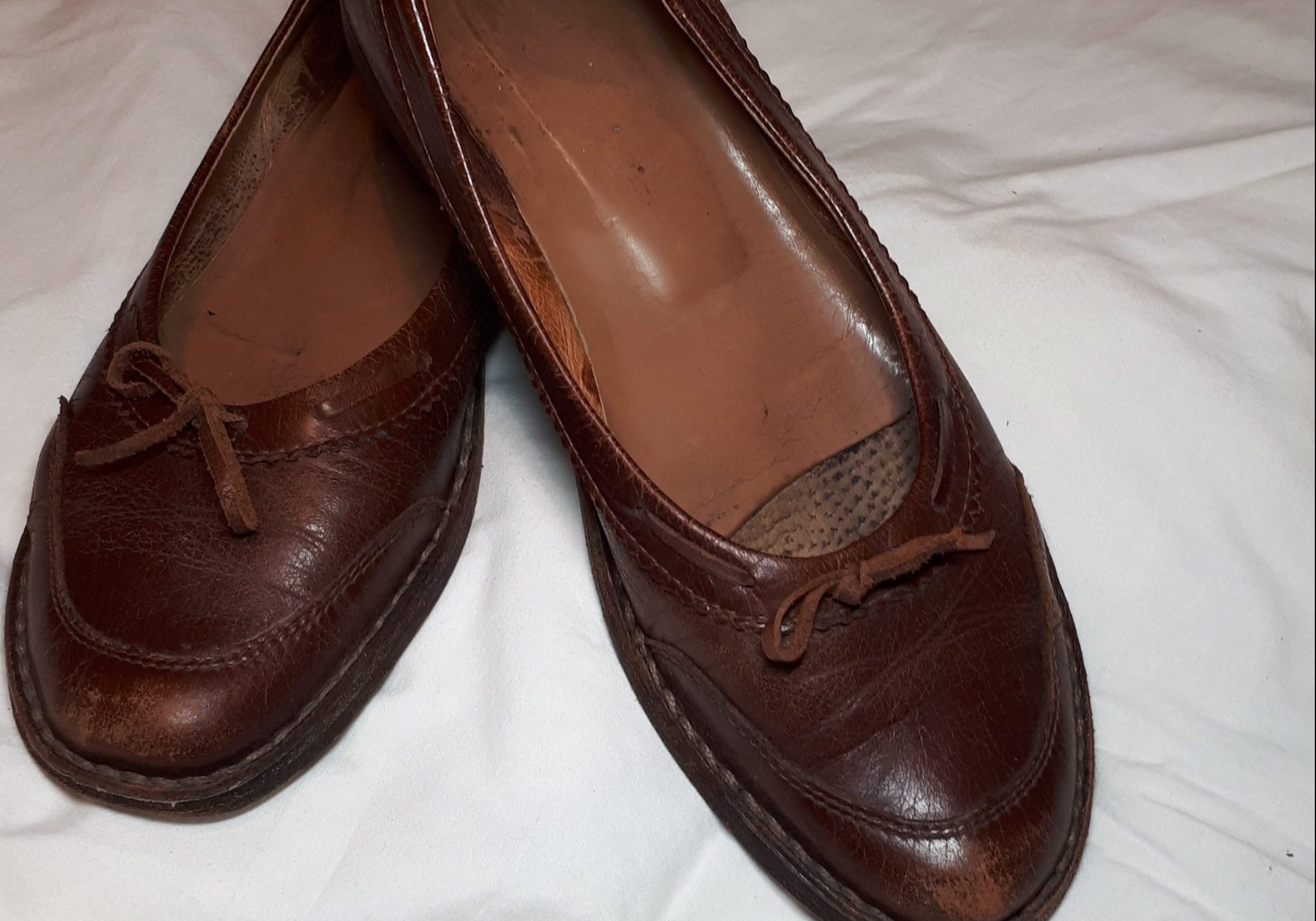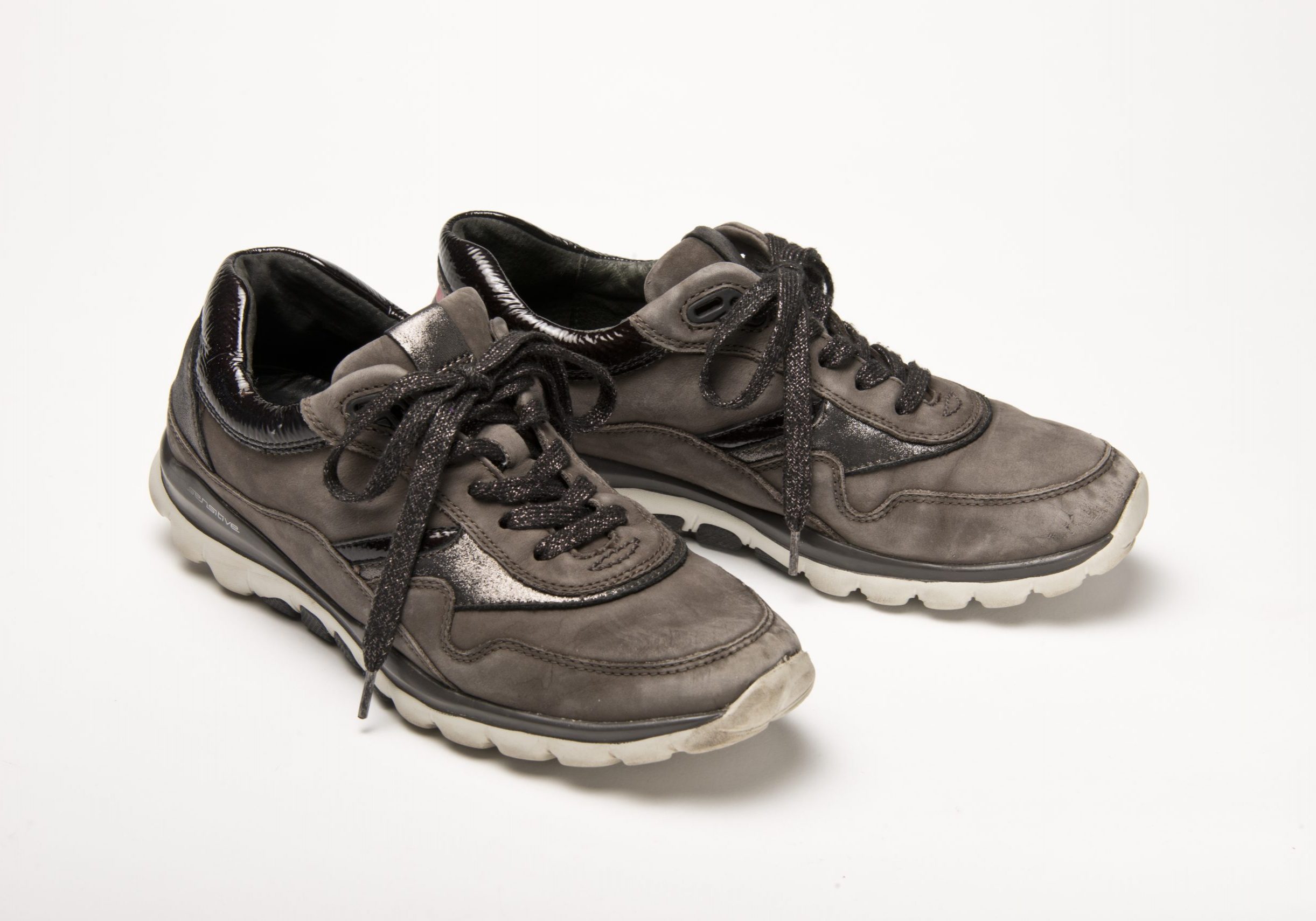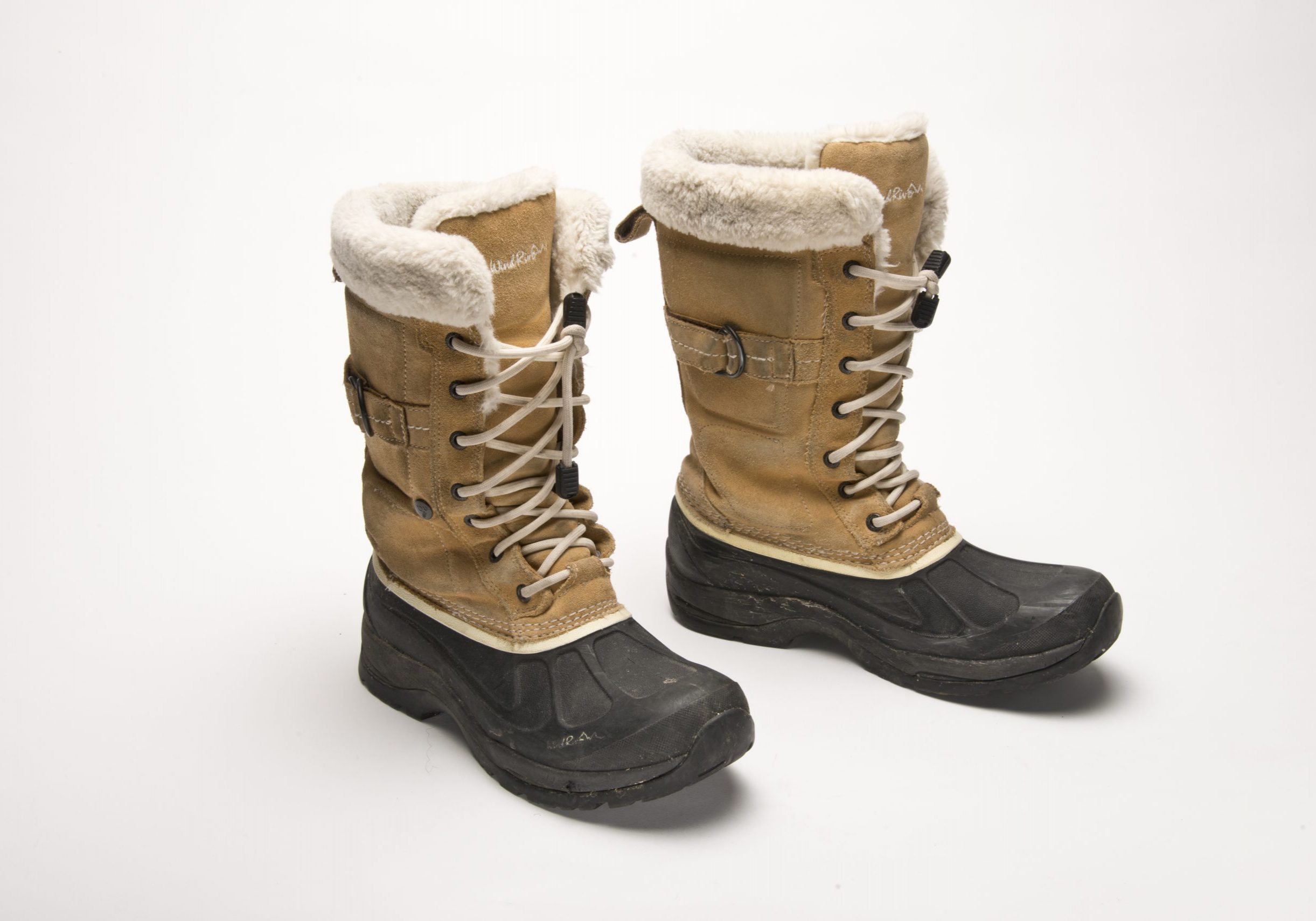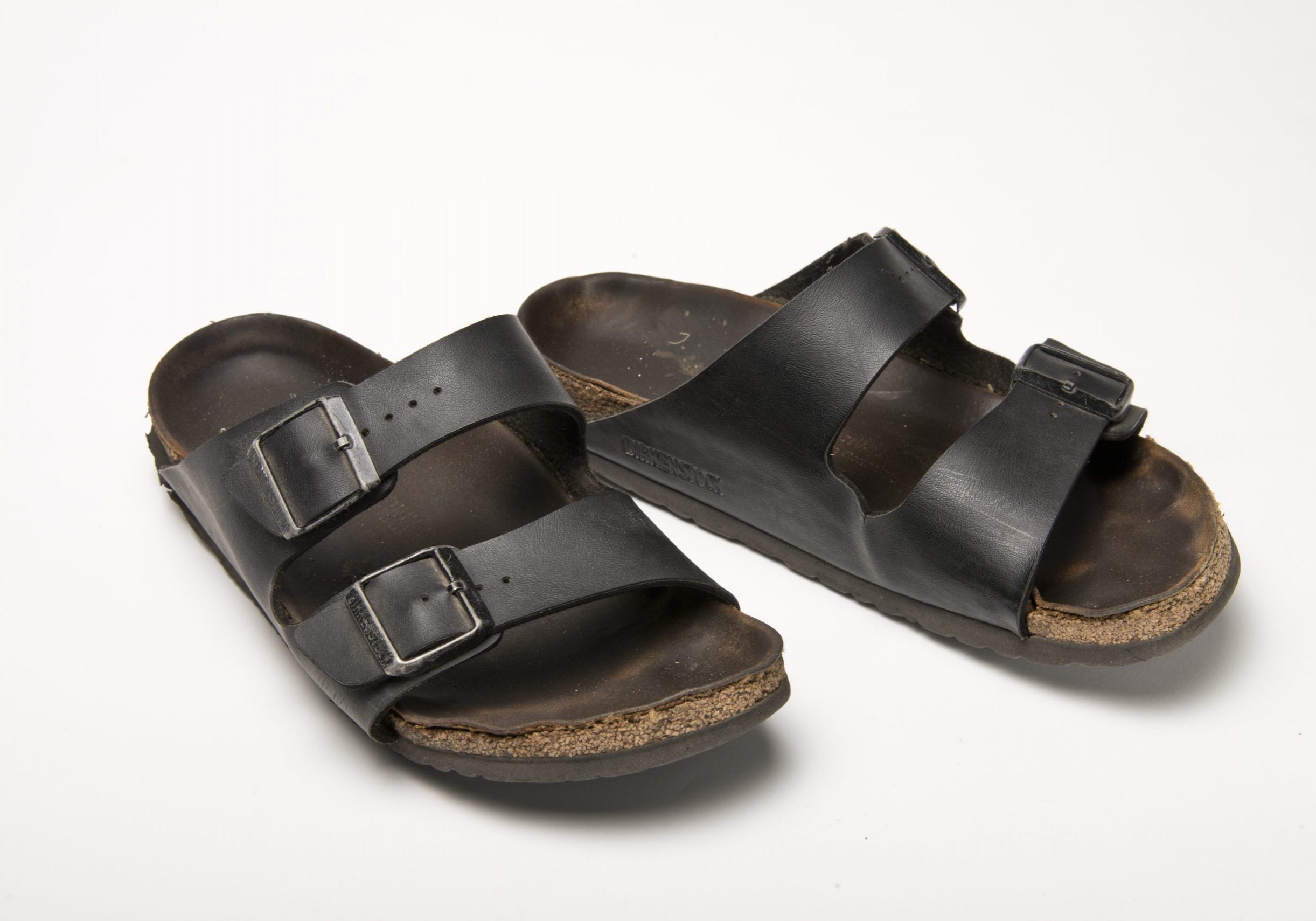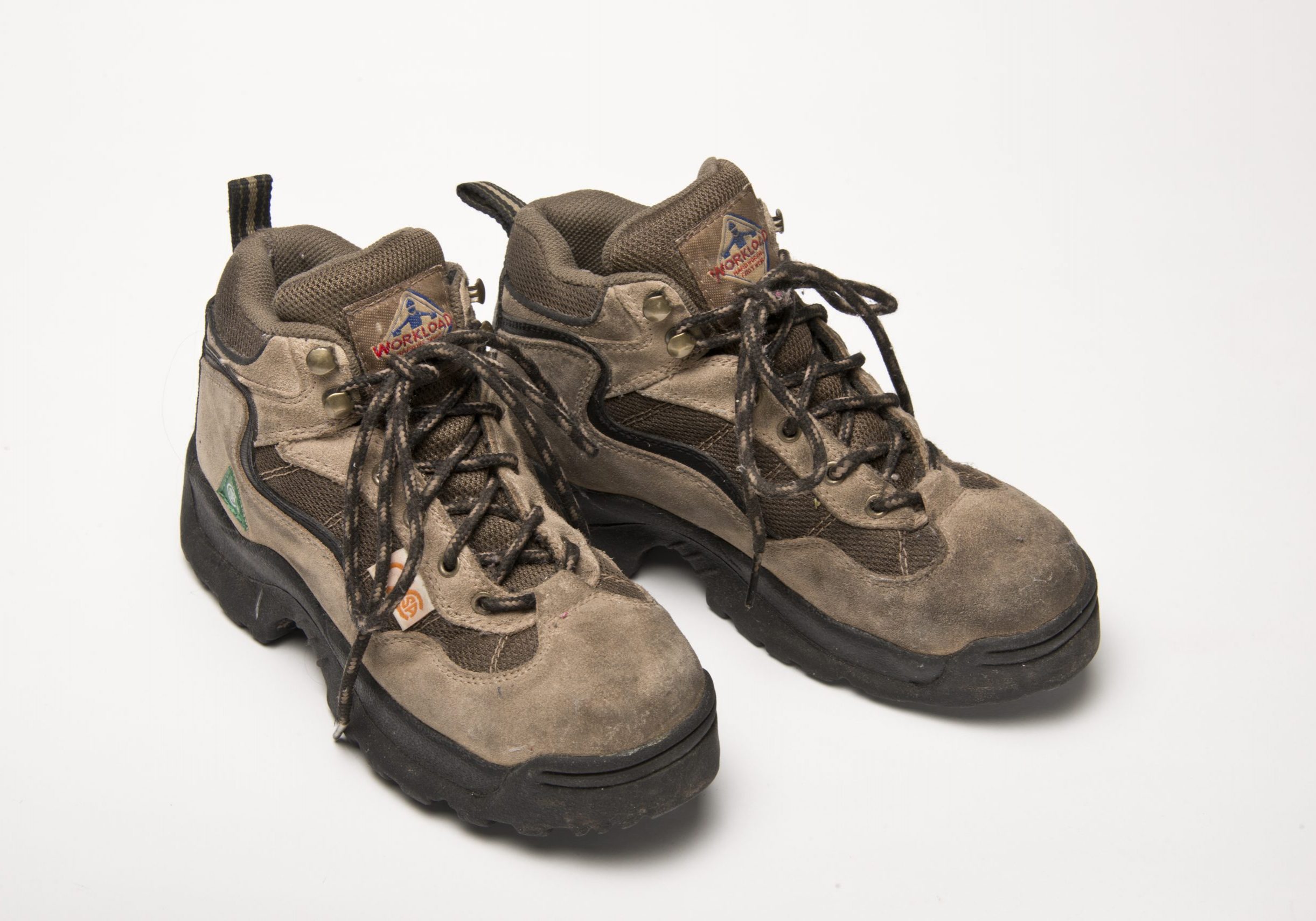My Mother’s Farmer Shoes
Sujata Thapa-Bhattarai
Summary:
The cobbler made the sturdy shoes in which Sujata Thapa’s mother farms, cleans the house, cooks, takes care of her in-laws, teaches the family’s children, and does the bookkeeping. When Sujata Thapa visits her in Nepal, she buys herself a pair of similar shoes from the cobbler. He is puzzled. Why does she need such shoes in Canada?
Story:
I can see my tanned and wrinkled mother working, clad in a white cotton saree, with black leather shoes on her feet. Her cotton saree is the sign of a widow. She never played with us, except when we made the 600-kilometre train trip from Nepal to Varanasi, her first home in India. Every year, she would negotiate with her in-laws a two-week leave of absence from the farm and visit her mother.
Six decades ago, my mother was a student living with her widowed mother. My father wanted a well-educated and beautiful wife. When he first saw my mother at the college, he liked her. Discovering that she had only her widowed mother, a great aunt, and a bunch of other widows as family, my father proposed marriage. My mother rejected the offer in horror. He was 18 years older. She was an ambitious woman and wanted to complete her education and get a government job.
However, my grandmother had other ideas. For the child of a widow without the support of a male, it was a good match. My father came from the politically connected and well-known ‘Thapa’ family in Nepal. She called my father and accepted the offer. Within fifteen days, they were married. They travelled to the eastern mountains. It took two days by train to an Indian border town and then a four-day walk to the Nepalese mountain village called Muga. There was no road.
Two days after she arrived, the village cobbler, Thule (the name for the eldest), came to measure her feet. He lived in the cobbler community 15 minutes’ walk uphill. For generations, his family had disposed of the dead animals, deskinned them and tanned the leather.
“Your dad told me that he lived in a small town near the border,” my mother often recalls. He told her that he had five siblings. (He actually had 13.) She soon discovered the truth: In this remote mountain village, he had a big house of 40 rooms and an extended family of 26 people.
The shoes that Thule made would be with her for life. They were the same design and the same size. A new pair was made each year. She wore them only from autumn to the end of winter. During the summer monsoon, she went barefoot, planting rice on the terraced fields.
In moments of deep sadness, she would look at those surrounding tall mountains and realize there was no way to escape. She was now the eldest daughter-in-law and acted as a preschool teacher for the children of his siblings and cousins. She was also an obedient wife, a bookkeeper for the family grain processing mill, a caregiver, and a farmworker all at one time.
Her day started at 4:00 a.m. She would clean the house, fetch water from the well, prepare breakfast for the huge family, and then go to the farm to work with other women. She would come back with a helper to prepare lunch. Then she would go back to work in the field until evening. After dinner, she would do the bookkeeping for the grain processing mill, teach my dad’s siblings and cousins, prepare warm water to soak my grandparents’ feet and then massage them with oil.
A paved road now approaches our home. There are new houses, fancy cars, electricity, a mobile phone tower, and the Internet. The farm stands mainly as it was, although smaller in size. My extended family has dispersed around the world. Her children have moved out. My farmer mom, however, continues the farming in the same way. She grows seasonal market vegetables, raises cows and chickens, and keeps fish in the pond.
In January 2018, I went to visit her. She woke up early. Wearing a pair of these same black leather shoes (faded and dusty), she went to the field. She had cauliflower, spinach, daikon radishes, and many varieties of green vegetables. Her cows gave 20 litres of milk every day. She had also raised two orphan children and hosted two other students at home.
Thule’s grandson has opened a small cobbler’s shop in the town. He still makes farmer shoes, although not from dead animals. And he knows my mom’s shoe size. I got a pair for myself for ten dollars.
Smirking, he said, “What is the use of these shoes for you in Canada? Do you tend farms there?”
“No!” I replied.
“Then, why don’t you take these fancy sandals?”
He did not know what these shoes meant to me.
SUJATA THAPA-BHATTARAI is from Nepal. She arrived in Canada in 2011 to pursue her Ph.D. in the Department of Planning at the University of Toronto.
Read Other Stories from this Author
Choosing Shoes--and a Groom
These bright-red velvet shoes with gold embroidery are traditional Nepali wedding shoes. In Nepal, most girls are married...
